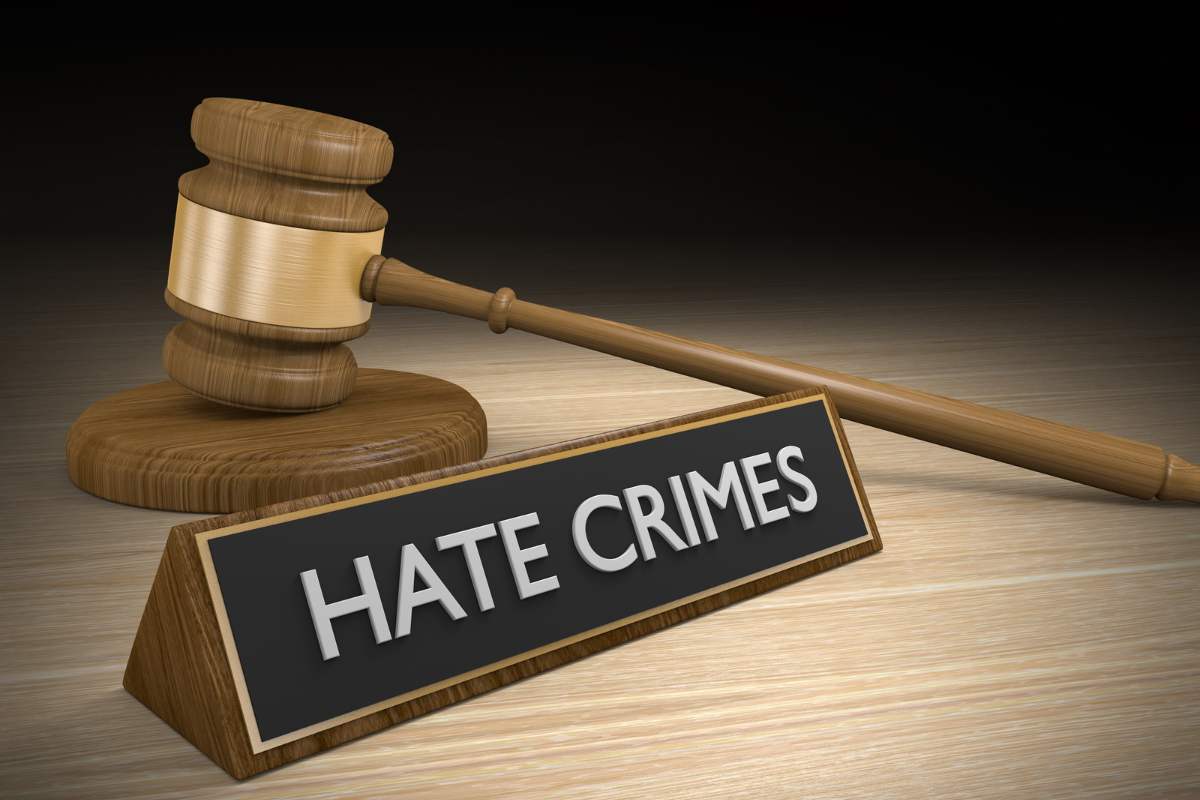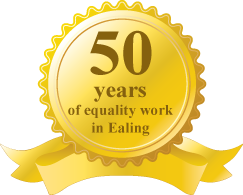What is anti-social behaviour (ASB)?
Anti-social behaviour (ASB) is defined by the Antisocial Behaviour Act (2003) and the Police Reform and Social Responsibility Act (2011) as, “behaviour by a person which causes, or is likely to cause, harassment, alarm or distress to persons not of the same household as the person.”
ASB relates to a wide variety of behaviours that are unacceptable and can negatively impact the quality of life of individuals and communities. Some examples of ASB include noise nuisance, verbal abuse, threatening behaviour, harassment, intimidation, vandalism, and criminal damage.
The police in England and Wales recorded 1 million incidents of ASB in the year ending March 2023 and The Crime Survey for England and Wales (CSEW) found that in the same year, 34% of people had experienced or witnessed some type of ASB. According to Crime Rate UK, in 2022, the police in England and Wales received 1,039,579 crime reports regarding ASB. This is a decrease of 27% from 2021 where 1,416,946 reports of ASB were recorded.
The safest city in England and Wales in relation to ASB is Wolverhampton, followed by Coventry and Birmingham, while the most dangerous cities are Westminster, Belfast City and Tower Hamlets.
There are three main categories of ASB:
.Personal ASB occurs when a specific individual or group is targeted such as through harassment or intimidation.
.Nuisance ASB occurs when trouble, annoyance or suffering is caused to a community.
.Environmental ASB occurs when a person’s actions impact the wider environment such as public spaces or buildings.
What is the link between anti-social behaviour and hate crime?
Although not all types of ASB are classified as crimes, some ASB is or can become criminal activity. For instance, incidents of ASB can become hate crimes when perpetrators harass victims with reference to one or more of their protected characteristics such as race, religion, disability, sexual orientation or transgender identity.
At WLEC, throughout the duration of our Hate Crime Project, we have noticed that ASB incidents involving neighbours are usually regarded as neighbour disputes by the police, meaning that these cases are not prioritised and if there are elements of hate crime involved, they often go undetected.
The Impact of Anti-Social Behaviour on Individuals and Communities
According to a March 2023 report by the Home Office entitled, ‘Anti-Social Behaviour: Impacts on Individuals and Local Communities,’ experiencing ASB negatively impacts victims’ quality of life. Most victims are affected emotionally as they experience fear, anger, annoyance, loss of confidence, difficulty sleeping and anxiety. Many victims are also impacted behaviourally as they tend to avoid certain places and change their travel habits as a result of experiencing or witnessing ASB.
ASB also has an impact on wider communities. It can impact communities negatively as it reduces trust and a sense of community by causing victims to avoid interacting with others and instead isolating themselves. However, on the other hand, ASB can bring people together through a common cause as victims of ASB are often supported by their social groups.
Legal Remedies for Tackling Anti-Social Behaviour
Civil Injunctions
According to Part 1 of the Anti-Social Behaviour, Crime and Policing Act 2014, a court may grant an injunction against a person aged 10 or over if two conditions are met:
Firstly, the court must be, “satisfied, on the balance of probabilities, that the respondent has engaged or threatens to engage in anti-social behaviour.” Secondly, the court must, “consider it just and convenient to grant the injunction for the purpose of preventing the respondent from engaging in anti-social behaviour.”
The police, local authorities and housing associations have the ability to obtain civil injunctions from the court on behalf of victims, which forces perpetrators to cease from engaging in acts of ASB.
Community Protection Notices (CPNs)
CPNs can be issued against perpetrators of ASB where their conduct is unreasonable, persistent or has a detrimental effect on the quality of life of those within a locality. They can require perpetrators to refrain from doing something or take reasonable steps to achieve a specified result.
A CPN can be issued to any person aged 16 or over, a business or an organisation. Prior to receiving a CPN, perpetrators receive a written warning, notifying them that a CPN will be issued against them if they continue to behave in an anti-social manner.
Criminal Behaviour Orders (CBOs)
CBOs are a legal remedy used to tackle serious and persistent ASB and breaching them is a criminal offence which can result in one being imprisoned, fined or evicted from a property. CBOs can also include prohibitions to stop ASB or positive requirements aimed at helping offenders to address the cause of their ASB.
Pursuant to Part 2, Section 22 of the Anti-Social Behaviour, Crime and Policing Act 2014, the court can issue a CBO against an offender if it is satisfied, beyond reasonable doubt, that the offender has engaged in, “conduct that has caused, or is likely to cause, harassment, alarm or distress to any person” and the court considers making the order will help in preventing the offender from engaging in such behaviour.
Furthermore, the court can only issue a CBO against an offender if the order is made in addition to a sentence imposed in respect of the offence or an order discharging the offender conditionally.
Mediation
Mediation involves enlisting the assistance of a neutral third-party mediator in order to resolve conflict between parties. The mediator will listen to all relevant parties’ account of events with a view to helping those involved come to an agreement and find a solution to the issues.
The benefit of mediation is that it is a faster and more cost effective way to resolve disputes than commencing court proceedings.
ASB Case Review
As stated in the statutory guidance regarding anti-social behaviour powers pertaining to the Anti-Social Behaviour, Crime and Policing Act 2014, the ASB Case Review is a measure which intends to;
“give victims and communities the right to request a review of their case where a local threshold is met, and to bring agencies together to take a joined up, problem-solving approach to find a solution for the victim.”
Thus, the purpose of an ASB Case Review is to determine whether any further action can be taken by the relevant bodies to address the ASB, with a view to helping victims resolve the issue. The threshold is that three complaints in the previous six months must have been made to the relevant bodies which are the local authority, the police, Integrated Care Board or Registered Social Housing provider.
Possession Orders
Landlords are permitted to evict tenants of both privately rented and social housing accommodation for behaving anti-socially according to ground 2 of Schedule 2 to the Housing Act 1985 for secure tenants and ground 14 of Schedule 2 to the Housing Act 1988 for assured tenants.
Absolute ground for possession for ASB is also mentioned in Part 5, Section 94, Subsection 84A of the Anti-Social Behaviour, Crime and Policing Act 2014.
Offenders will first receive ‘notice seeking possession’ and landlords can apply to the court for a possession order once the notice period has expired.
*Please note that there are a number of additional legislative powers available for ASB offences.
Anti-Social Behaviour Government Action Plan
The UK government established a plan to stop ASB in England and Wales in May 2023 as it has worsened exponentially over the past 13 years. In 2022, the police recorded 3,000 incidents of ASB every single day.
Firstly, the plan aims to tackle ASB by treating instances with a sense of urgency “by bringing in hotspot policing to target the worst affected areas.” It will also introduce a scheme called Immediate Justice which will require perpetrators to repair the damage that they cause such as picking up litter or removing graffiti.
Secondly, the plan aims to make changes to the law with a view to establishing a zero-tolerance approach towards ASB, curbing the use of illegal drugs and increasing drug testing, addressing begging where it becomes a nuisance to others and protecting landlords and law-abiding tenants by ensuring that tenants who are persistently disruptive are evicted.
Thirdly, the plan aims to increase the powers of the police and other agencies. For example, higher fines for ASB will be introduced, funding will be given to councils to restore local parks and fill empty shops and increased support will go towards young people in hotspot areas.
Case Study
We recently assisted a client who was a victim of hate crime on the basis of religion. The case relates to ASB as the client resided at a property with shared kitchen facilities and the perpetrator was her neighbour. She was a victim of verbal assault, physical assault, threats and harassment at the hands of the perpetrator.
We assisted the client by submitting an ASB Case Review to the Safer Communities Team of the relevant local authority on her behalf. We then continued to liaise with the local authority, as well as the police, the housing association and another charity regarding her matter, to ensure her case was formally reviewed and that the incidents of ASB and hate crime were investigated.
We were successful in our involvement with this case as the perpetrator was removed from the property as per our request, allowing the client and her family to feel safe and abide comfortably in their own home. This is a significant outcome as based on our experience, these cases usually involve victims being put into alternative accommodation. Therefore, the victims are usually forced to uproot their lives, while the perpetrators are permitted to remain in the accommodation and face no consequences for their actions.
*This case demonstrates how ASB and hate crime can be linked, especially within a housing context.
How can I report a hate crime or incident?
You can report a hate crime or incident to the police by visiting a police station or by calling 999 if the crime is in progress or if someone is in immediate danger. If the crime is not an emergency, you can report it to the police by calling 101.
Hate crimes or incidents can also be reported using True Vision, a police-funded website developed to allow individuals to report hate crimes online. Please note that although not all hate incidents will amount to criminal offences, they should still be reported to the police.
Additionally, hate crimes or incidents can be reported to victim support organisations such as the West London Equality Centre by calling our designated hate crime helpline at 0800 2943 479. We can offer free legal advice regarding the next steps to be taken and preserving evidence, contact the police on behalf of victims and or witnesses and consider practical solutions to help deal with incidents or the aftermath of incidents.
How we can help you
Our team comprises of qualified legal professionals, legal advisors, caseworkers and volunteers who can help to provide concise and accurate legal advice and carry out casework on hate crime matters.



